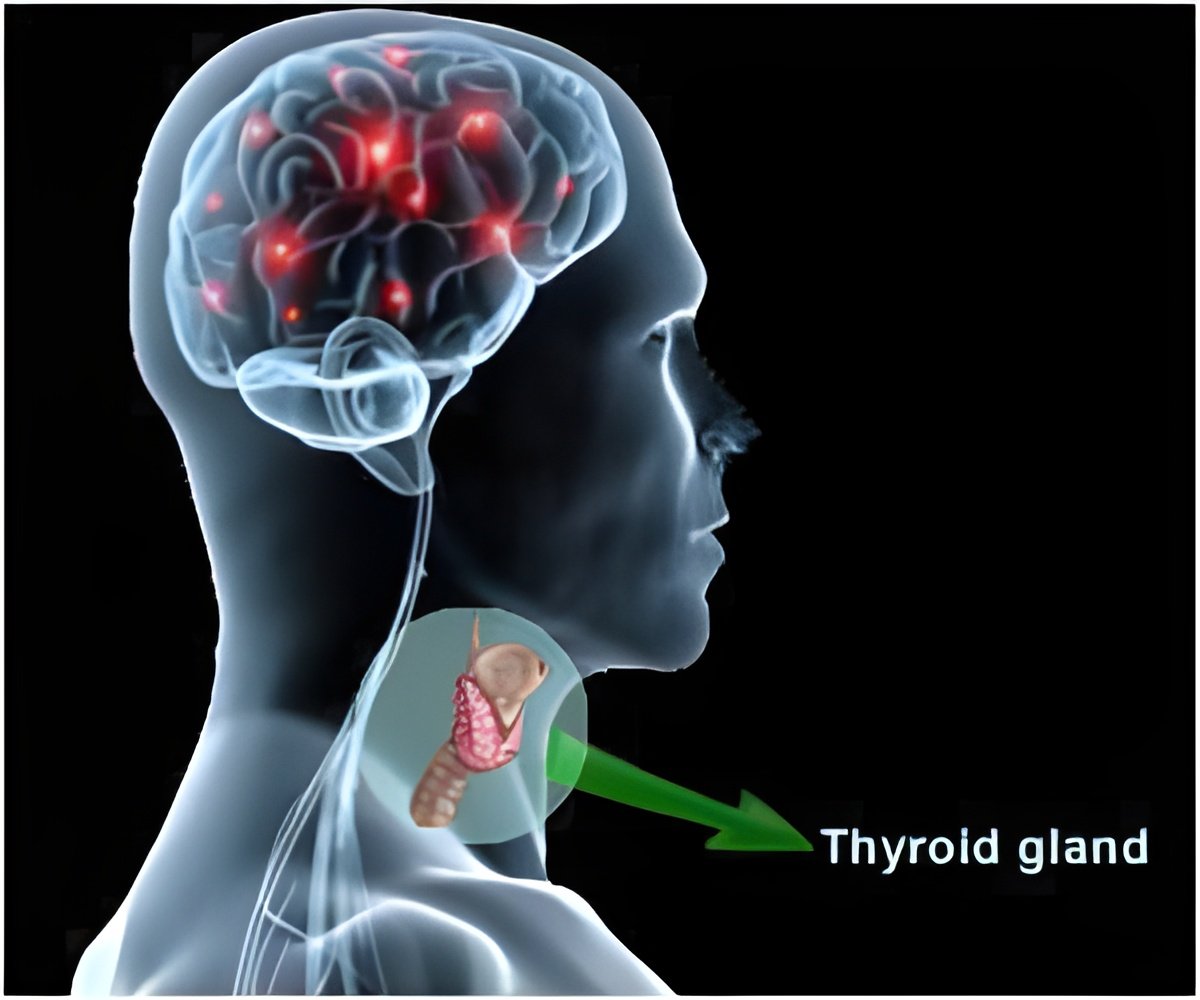
Researchers reviewed the records of adult patients with a new diagnosis of high cholesterol between 2003-2011 and found 8,795 patients with new high cholesterol diagnoses within the study period. Thyroid function was checked within six months of the high cholesterol diagnosis in 49.5 percent of the patients. Of those, 226 (5.2 percent) had an elevated TSH level consistent with hypothyroidism. Among the patients with hypothyroidism, 114 (50.7 percent) were treated with thyroid hormone. Only 25 percent of the patients treated with thyroid hormone (versus. 44 percent of the patients not treated with thyroid hormone) were also prescribed a lipid-lowering medication within one year.
"We performed this retrospective study to see how many patients with newly diagnosed high cholesterol were having their thyroid function checked and found that only about half of these patients were screened for thyroid dysfunction, despite current guidelines," explained corresponding author Elizabeth Pearce, MD, associate professor of medicine at BUSM and endocrinologist at BMC. "We conclude that the low rate of thyroid function testing in patients with new-onset hyperlipidemia demonstrates the need for greater awareness of current guidelines."
According to Pearce, future studies are needed to better understand reasons for low thyroid function screening rates among patients with high cholesterol, and the cost-effectiveness of hypothyroidism screening and treatment for patients with high cholesterol.
Source-Eurekalert














